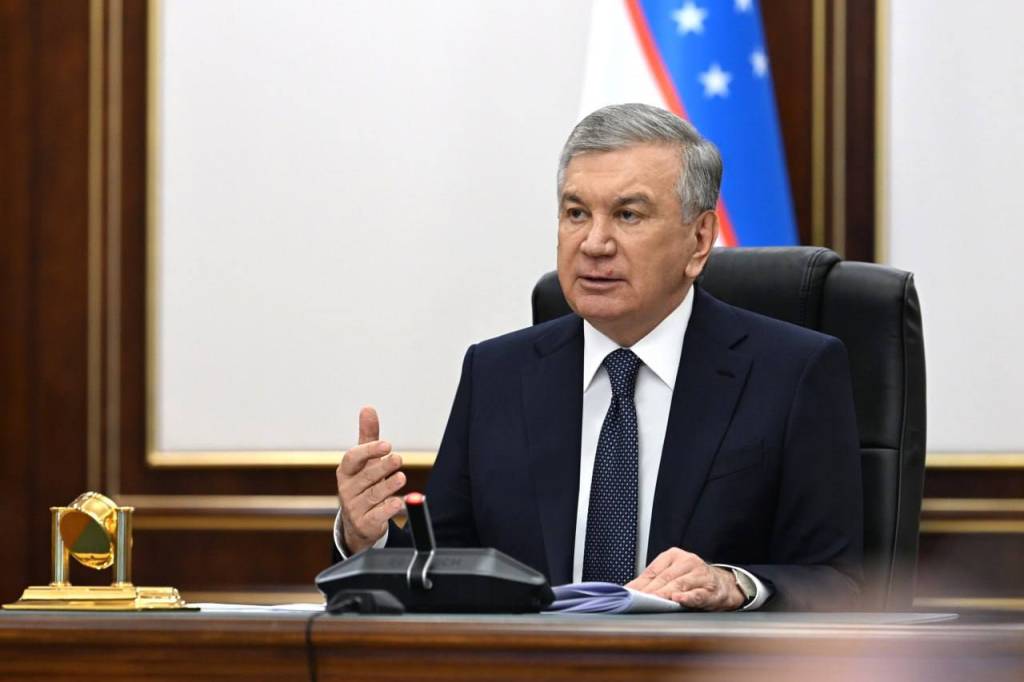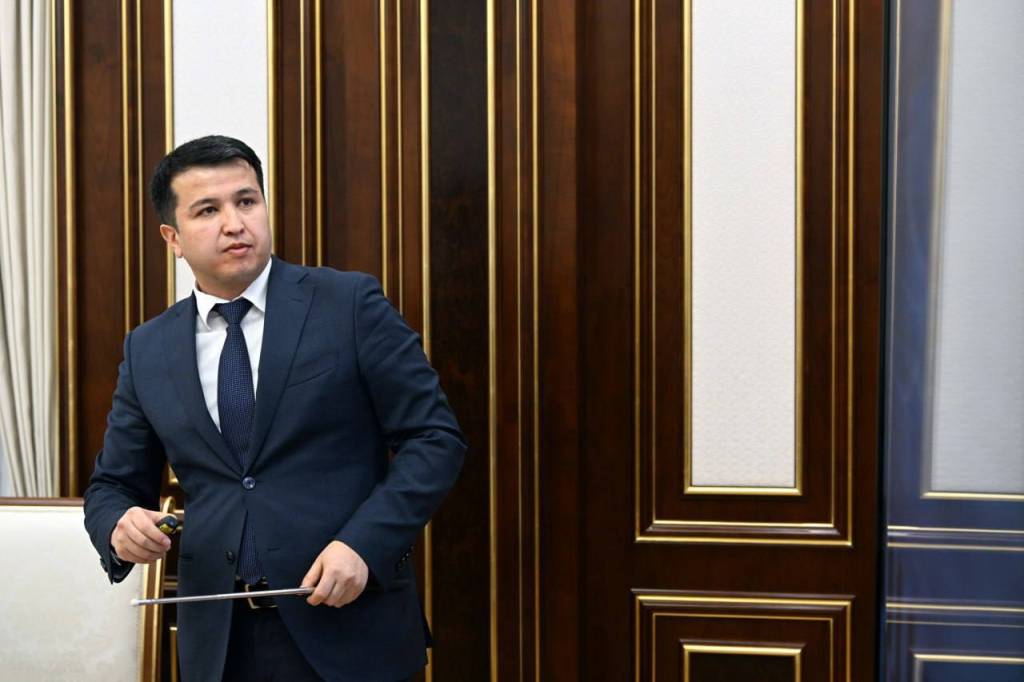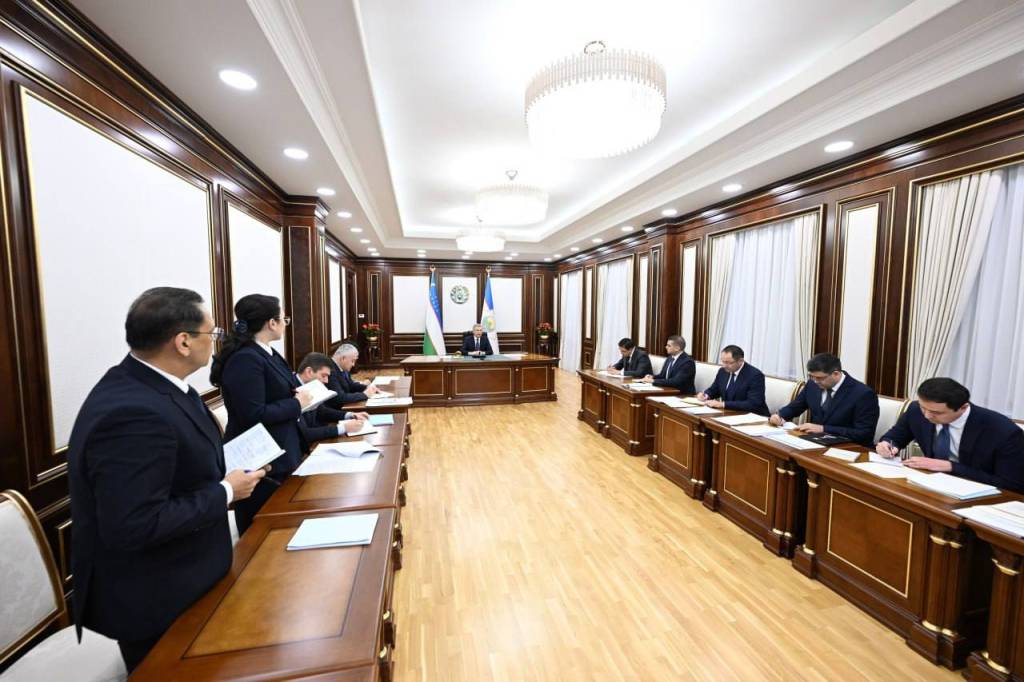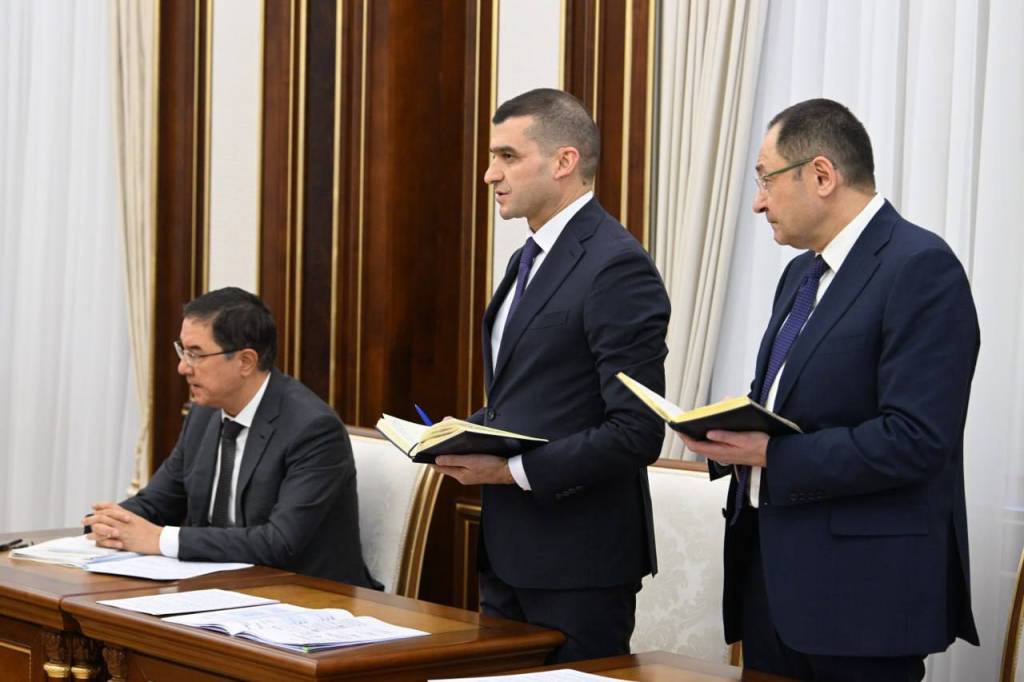
On February 28, President Shavkat Mirziyoyev reviewed a presentation on the effective organization of public-private partnership projects in the social sector.
Significant reforms are being implemented to reduce state involvement in the economy. The Law “On public-private partnership”, adopted in 2019, has created extensive opportunities for this process.
Such partnerships have yielded significant results in the social sector as well. In particular, the establishment of private kindergartens with a total capacity of 1.2 million places has increased preschool education coverage to 77 percent. Under 67 projects in higher education, 29,000 students have been provided with dormitory accommodations. In healthcare, the private sector plays a substantial role in dentistry, otorhinolaryngology, laboratory services, and other medical fields.

Despite the achievements, there remains a high demand and significant potential for further development in this area. The presentation reviewed proposals for expanding public-private partnerships in healthcare, education, culture, and sports.
Measures have been outlined for implementing five healthcare projects worth $1.2 billion, six projects in preschool and school education totaling $745 million, and higher education projects worth $100 million in collaboration with the Asian Development Bank, the International Finance Corporation, the European Bank for Reconstruction and Development, and other partners.
In particular, plans include the construction of modern multi-specialty clinics in Tashkent, Fergana, Bukhara, Andijan, and Samarkand. Additionally, the provision of non-medical services in regional central polyclinics is expected to be transferred to the private sector.

Issues related to involving the private sector in specific activities within the culture and sports sectors were also discussed. Currently, 43 cultural centers have already been transferred to private management, with the potential to transfer another 127 facilities.
The need to similarly renovate unused swimming pools, sports halls, and playgrounds while expanding wellness services was emphasized. To facilitate this process, a proposal was made to simplify the procedure for transferring cultural and sports facilities to private partners.

The Head of state instructed the relevant ministries in the social sector and local authorities to approve and implement roadmaps for each facility and to accelerate public-private partnership projects.
UzA








